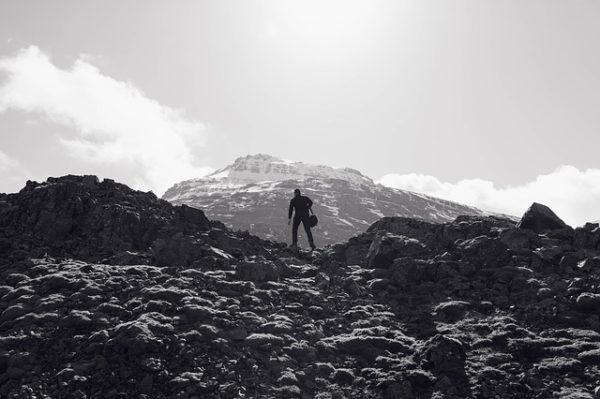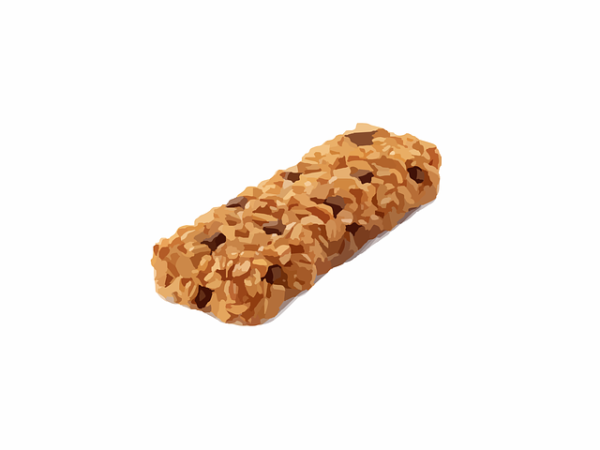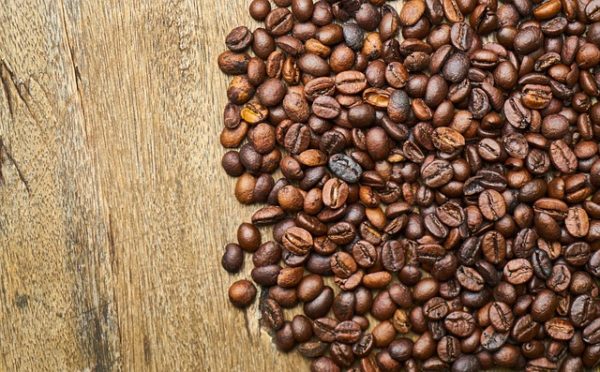Top 10 Food Tips for Camping and Hiking
Do you plan to hike or camp anytime soon? If yes, it’s of utmost importance to properly map out your nutrition needs. Whether you are going to hike in the wilderness or elsewhere outdoors, you’ll need food that can revitalize and strengthen you for the full days of activities. The following 10 food tips will ensure that you have a safe, nutritive food experience during your adventure.
1. Make a Good Plan
Having a good plan is essential for any outdoor trip. Bear in mind that hiking and camping require higher water and food needs than usual trip. Therefore, you need to pack plenty of foods and fluids for your adventure. Consider the following things:
• How you are gonna eat and drink
• What beverages and foods to carry
• Food-related tools
• Should you bring a cooler
• Length of your trip
2. Pack Enough Food
Speaking of food tips, you should consider how much food to carry. If you err, it would be good to make mistake on the side of carrying a little more rather than bringing insufficient food supplies. Count on about 2.0 lbs. of food (approximately 3,500 calories) per day per person. That depends on your weight, size, and exertion level.
3. Stay Hydrated
In addition to carrying enough food, make sure to carry enough beverages as well. It’s a good idea to pre-hydrate before a hike by drinking 4-5 cups of water. This way you will have less fluid to carry. As a rule of thumb, go for two cups of water after each hour of hiking. In addition to bottled water, you may bring some sports drinks too.
4. Pack Easy-To-Carry Foods
This is one of those food tips that applies for a day trip or a hike. Consider carrying non-perishable food that is nutrient dense and relatively lightweight. It could include:
• Nut-based bars, nuts, or seeds
• Freeze-dried veggies and fruits
• Energy bars, gels, or chews
• Whole-grain tortillas
• Granola or granola-based bars
• Natural or organic poultry
• Ready-made tuna pouches
• Trail mix
• Bottled water and/or sports drink
5. Pack Easy-To-Prep Foods
If you are planning to camp or have a multi-day journey, you are advised to eat perishable foods on the first day. Thereafter, try to smartly map out your meals in order to have something to eat the rest of your trip. The best option is to bring a cooler, but it’s not suitable for all terrains and conditions. Aside from foods listed in the previous tip, consider packing the following shelf-stable foods:
• White chicken pouches
• Ready-made cereal
• Fruit or veggies puree
• Whole-grain pasta
• Freeze-dried foods and dried soups (if you will be able to boil water)
• Packets of taco sauce, mayo, or mustard
• Pancake mix, rice mix, couscous, hot cereal
6. Getting Protein
It’s always a challenge to get enough protein while hiking and camping. Powdered milk, cheese, whole grains, powdered soy, dried beans, and nuts are all helpful for high-protein adventures. There is also tuna in olive oil as well as a variety of protein bars for extra energy. Add meat in form of hard-dry salami and Meat jerky, and you’ll get the most out of your hike.
7. Skip one Day of Food
This is one of the clever food tips. By “skipping” one day of food you can bring less burden in your backpack. This is particularly beneficial when hiking uphill. You can accomplish this by eating a huge meal just before starting to hike the first day as well as eating another huge meal before getting out. That will boost your “trail” calories on the last and first day, and thus cut down on food in your pack.
8. Snacks and Sweets
Always consider carrying snacks and sweets when hiking and camping. That’s because you will have to eat small amounts of food between your meals to stay energized. For that purpose, you may take honey sesame sticks, GORP, peanut, nut butter, crackers, and marshmallows for dessert.
9. Caffeine is Important
Nothing can get caffeine-addictive people harder and grumpier to get along with each other than not drinking a cup of coffee the way they got used to it. If you are one of those preferring coffee, be sure to put a few coffee filters in your backpack. Likewise, you may add a few tea filters.
10. Follow Proper Food Safety Practices
From packing to plating, aim to follow proven food tips concerning safety practices. That said, you should consider bringing the following food safety essentials:
• Bowls and plates
• Can opener
• Disposable wipes
• Cooking pot or kettle
• Ice packs
• Cooking utensils
• Trash bags
• Portable water filters
• Thermometers
Now you are all set to take a hike!









